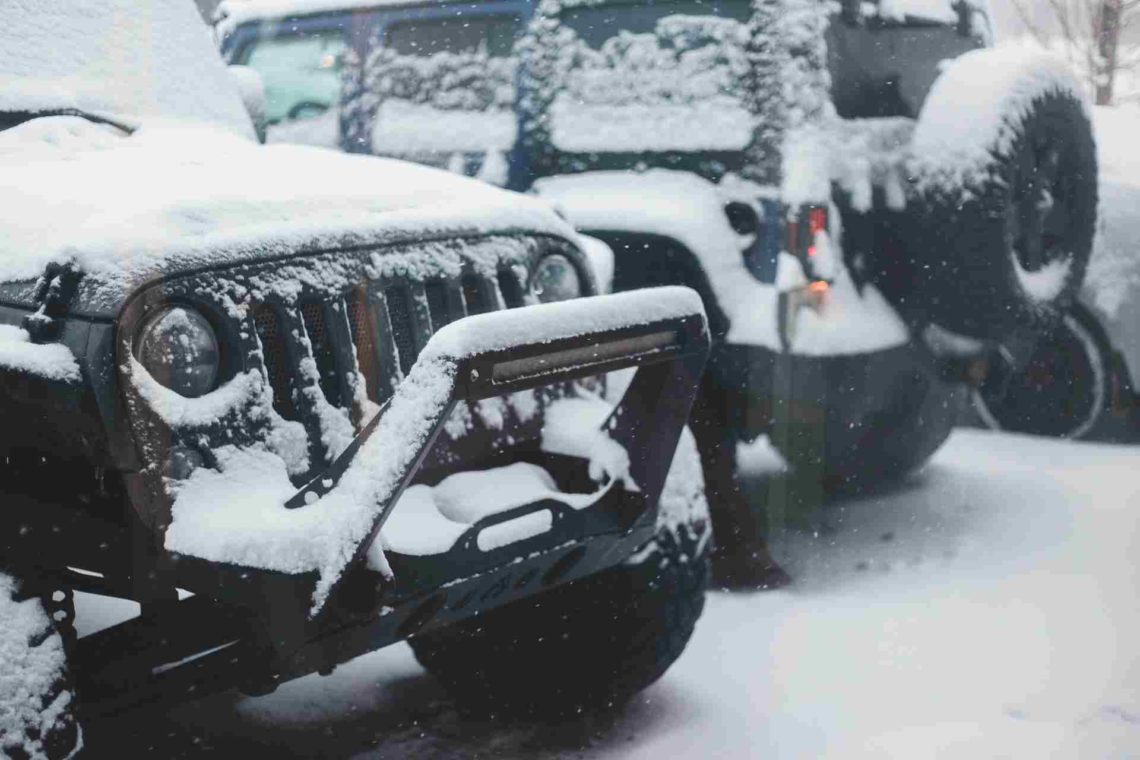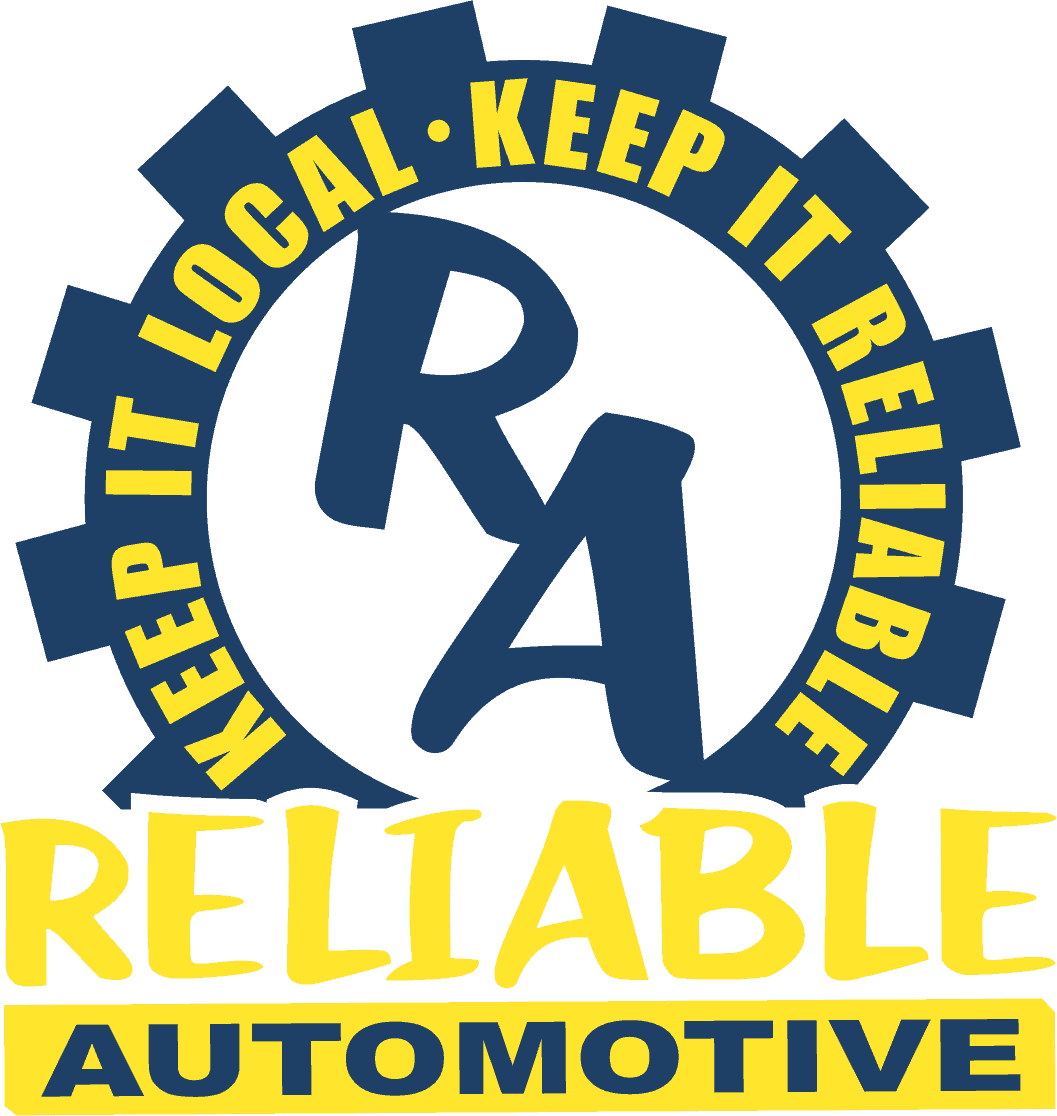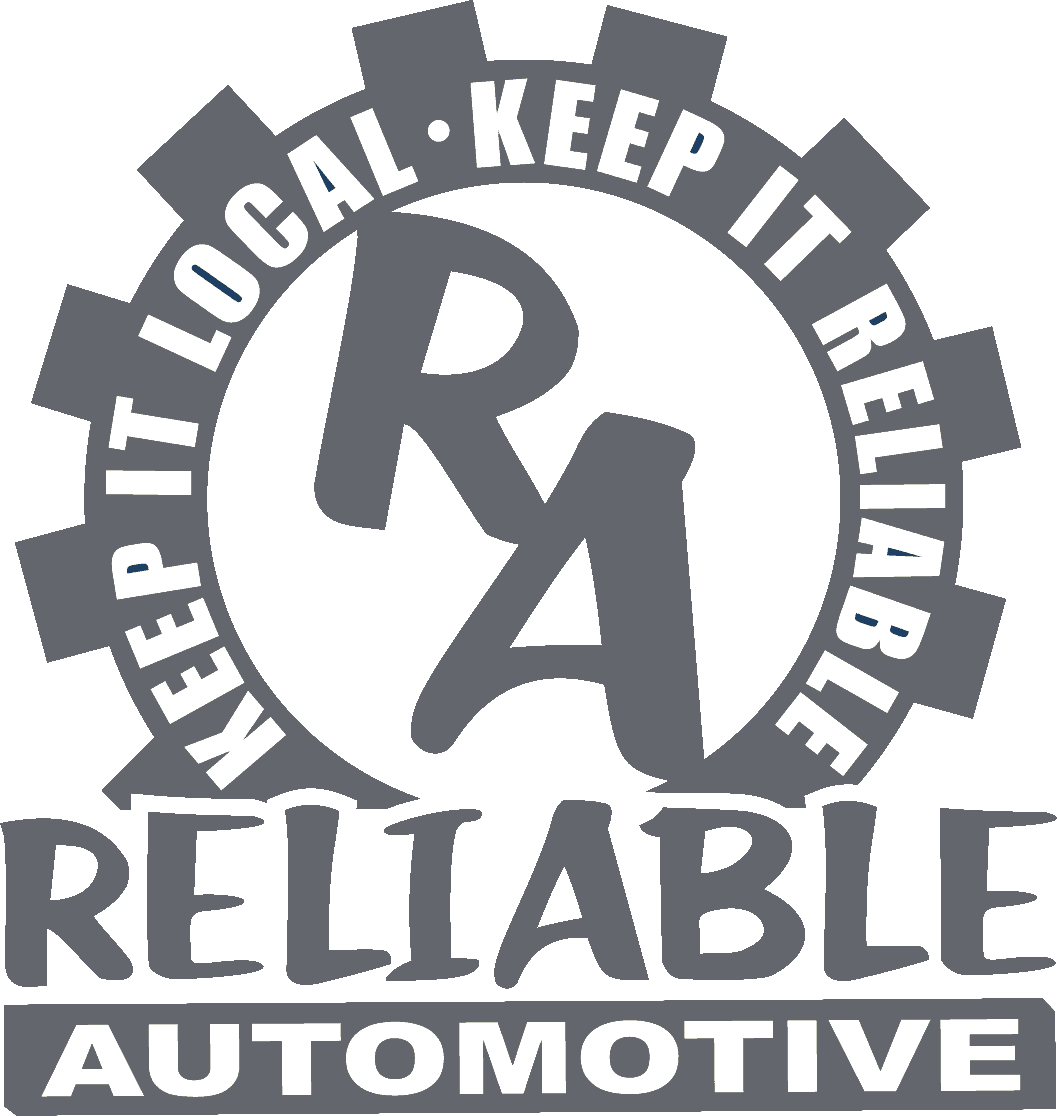
A car, truck or SUV is one of the most valuable possessions you have, so it’s best to understand the optimal way to take care of it. When the weather gets nasty and cold, it can cause havoc on your vehicle, and damage can easily happen. Sometimes this damage is so severe it will cost you a good deal of money to fix or might even be unfixable. It’s best to never let your vehicle get to this point when exposing it to the elements. If you’re unable to park your car inside a garage, then you should be aware of how cold weather affects your vehicle so you are on the lookout for what issues might arise and how you can handle them.
Battery Problems
Your car battery is no different from any other battery. It will lose its power to the cold when it is exposed to it for long periods of time. Cold weather drains car batteries quickly, so if you don’t have a strong battery then you won’t be able to rely on its surviving in the cold. It’s best to always have a battery with a good amount of charge when going into the winter months so you can be better prepared to brace the elements with a battery that works.
You can either buy a new battery if you think yours won’t make it or go to an auto shop to get your battery checked first. No matter what you do, making sure your battery is good to go in cold months is key in your vehicle surviving.
Salt Damage
If you live in an area that experiences frequent freezes, you might notice a white coating your vehicle in the winter months. Typically, this isn’t from snow but from salt. Salt is used to stop roads from becoming icy and to make them safe to drive on. It can also stick to your car, and if it’s there for too long it will eat away at your vehicle. It can eat away at your paint job or even the under carriage of your vehicle. It can create holes and cause damage that is expensive to repair.
It’s best to avoid this by getting your car washed as frequently as possible. If you can, getting a wax job done on your vehicle will also help you to preserve the paint job better against salt in the colder months.
Tire Pressure
The last thing that cold weather will definitely affect on your vehicle is tire pressure. Tire pressure can be easily altered by cold weather because air expands and shrinks depending on the temperature around it. It’s common to see your car’s sensors go off and say that you have low tire pressure during the winter months. This is due to the cold air affecting your tires.
There are a few different options you can take if this happens to you. You can take your car to a gas station and put air in the tires. Likely, it’s lost some air to the cold weather so you’ll need to add more. Some people just ignore the sensors on their cars, because they know the sensor warning will go away when the weather gets warm again. This might work if you don’t drive your vehicle very much, but it’s always best to keep your tires at optimal pressure throughout all months of the year.
Prevention is Key
Even if we only experience winter weather briefly here in Texas, it’s important to know how it’s going to affect your vehicle and how you can prevent serious issues. If you have any concerns, take your vehicle in to an auto shop like Reliable Automotive as soon as the road conditions allow. It’s better to catch winter-related issues sooner rather than later.






